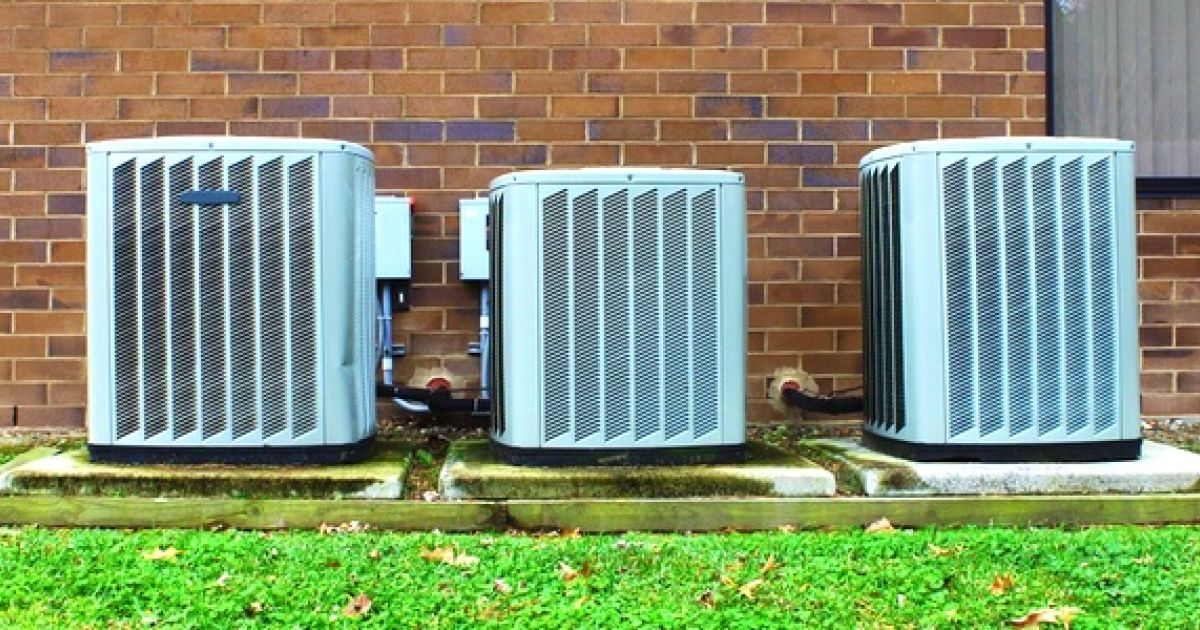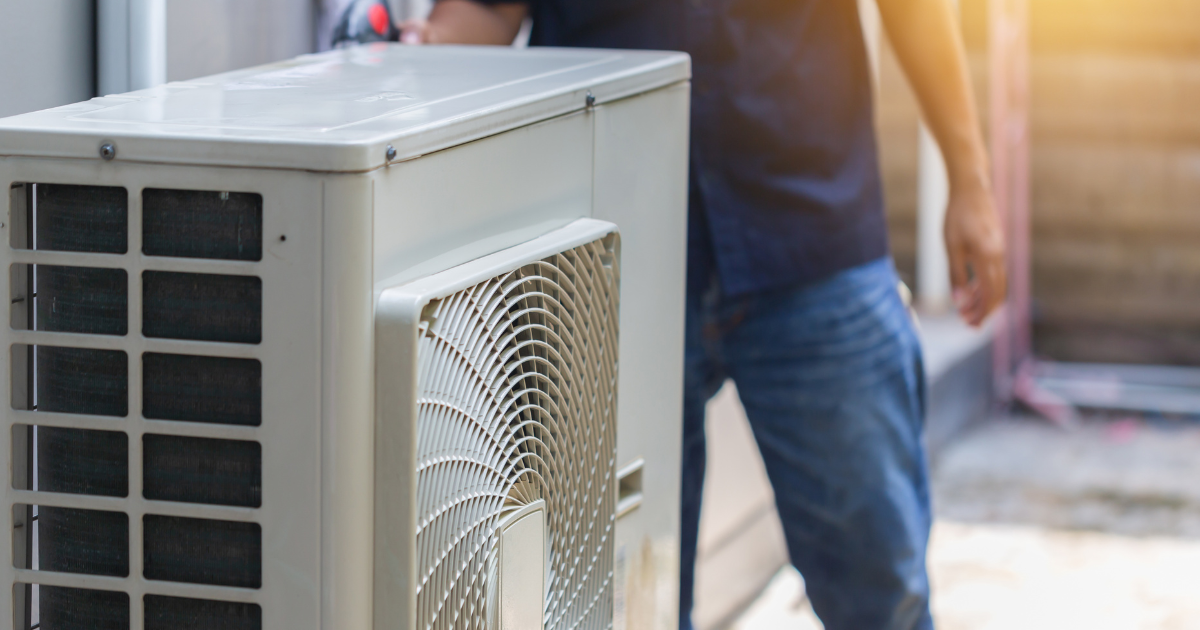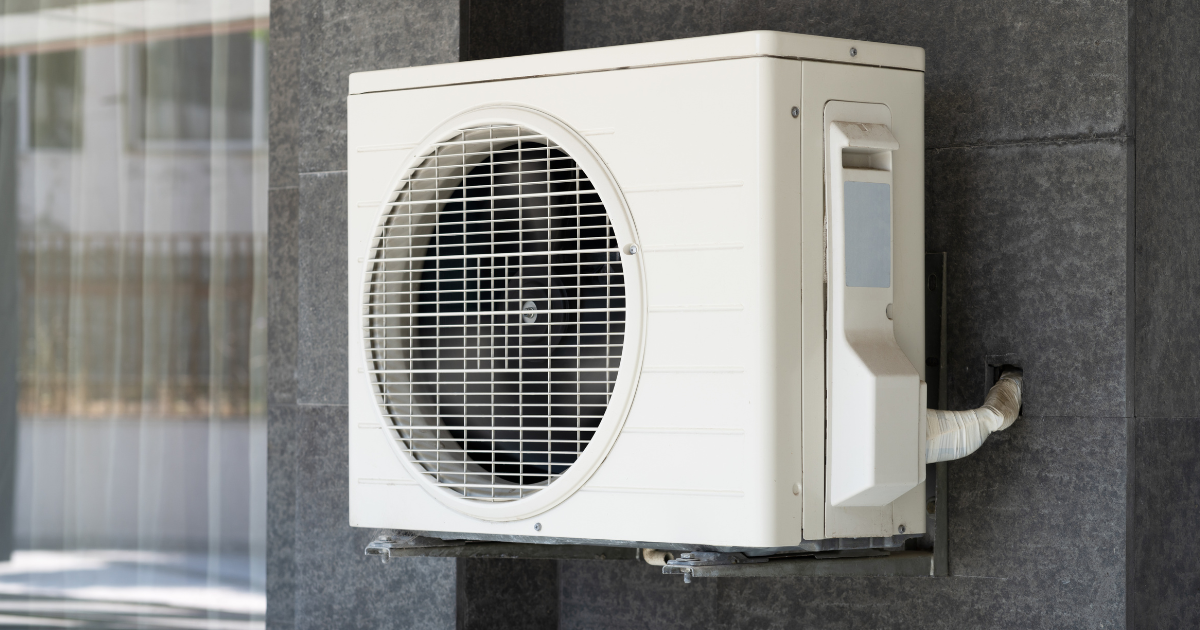What Sounds Are Warning Signs?
Just like any machine (from computers to kitchen appliances), an HVAC system can sometimes plague your home with strange and mysterious sounds. These noises are not only disruptive, but often provide a clear sign that something has gone wrong with your temperature control system.
While some noises from an HVAC are normal (like whirring and humming), if you hear more loud and aggressive tones coming from your machine, there may be a problematic cause. Separating the typical buzz of your air conditioning from a worrisome clank or rattling is an all-important first step in protecting your HVAC from an early demise.
We’re here to help you diagnose some of the most common sounds that HVAC systems make when they begin to malfunction — so you can catch an issue, and fix it early on.
Screeching or Squealing
When your HVAC system starts running, the only sound you hear is the soft hum of the fan whirring to life. If, instead of a gentle hum, your machine emits a screeching or squealing whine, something is wrong. Luckily for you, although these sounds can be quite shocking, they’re often the sign of a simple problem; such as a frayed fan belt.
Like any machine with an engine, HVAC systems sometimes need their parts replaced, or may require maintenance in the form of proper lubrication. Professionals can easily repair or replace belts for a minimal cost. If your sound is a result of lack of lubrication, don’t grab the WD-40! Your HVAC contractor will tell you which oil is right for your home’s system.
Thwapping or Scraping
If you hear a slapping or thwapping sound, turn off the system and call your HVAC specialist. Chances are, some debris is caught in the blower assembly, or fan blades in your HVAC unit. This can happen to indoor machines, but it’s more common with outdoor AC units — which are frequently exposed to falling debris, like leaves and acorns. You’ll need an HVAC expert to diagnose the issue, and remove foreign matter from the unit.
If the thwapping quickly turns into a scraping noise, shut down your unit immediately — this can indicate a very dangerous malfunction. Scraping sounds may suggest that a component of the HVAC has broken loose, and is moving around the interior mechanisms. An HVAC professional should examine the unit to determine the cause of the noise.
Banging and Thumping
Thumping or banging sounds often originate from sections of the blower motor or fan that have grown loose. The mounts surrounding these motors can sometimes come free; or, the blower can accidentally fall out of alignment. If you hear particularly loud banging, this could be a sign of something more serious.
The first thing you should do is turn the system off, to avoid further damage. If the fan has a missing or damaged blade, this could lead to significant problems within the unit. Similarly, if the compressor is loose, leaving the HVAC running could cause serious damage.
Clicking or Rattling
Similarly to any other aging machine, HVAC units can sometimes develop small sounds, like clicking and rattling over time. Even if these noises aren’t particularly aggressive, don’t ignore them. The louder a sound is, the more imperative it is to address it, but that doesn’t mean you should let the softer noises go without checking on them. Dealing with an issue quickly is the best way to limit damage, before that soft sound turns into a loud, serious sound.
Rattling often indicates that something in the unit is loose; while clicking can be the result of a malfunctioning relay switch, or the fan knocking against something else as it turns. The best thing you can do is call an HVAC service technician, and keep the system turned off until professionals have identified the problem.
Buzzing
Any buzzing noise coming from your unit is usually a sign the machine is facing an electrical issue. These issues may range from damaged wiring, to problems with elements within the electrical connectors. In some cases, loud buzzing can also be a sign your unit is coming to
the end of its useful life.
It’s crucial not to leave noises like these unattended, as electrical issues can quickly become fire hazards which threaten your home, and your family. From a malfunctioning compressor, to loose parts, or missing isolation feet, it’s crucial to have an expert diagnose your HVAC unit’s condition as early as possible.
Avoiding Air Conditioning Noise
So, now that you know how to identify and troubleshoot these noises, what can you do to avoid them in the first place?
The best defense against any HVAC problem is regular preventative maintenance, performed by an experienced professional. Investing in a regular service often means catching issues ahead of time (before they become large and expensive to fix), and ensuring your system continues to work optimally for as long as possible.

Bob Jenson
For over 45 years, Bob Jenson has been providing quality heating and air services to the San Diego community.
Request Service
Please fill out the form below to request an estimate or schedule service.
"*" indicates required fields







